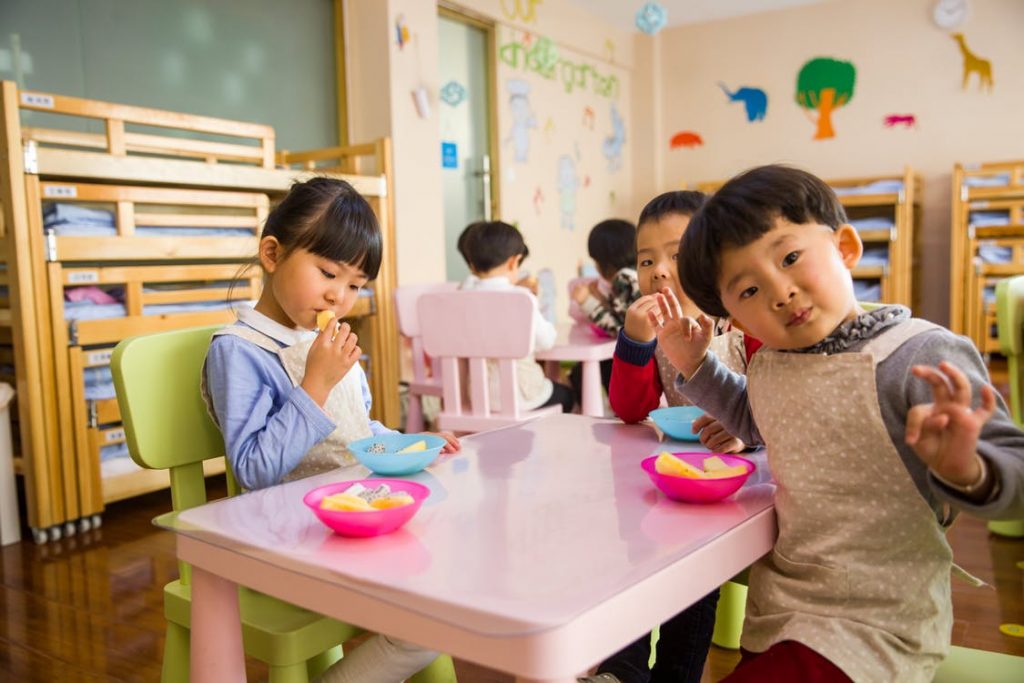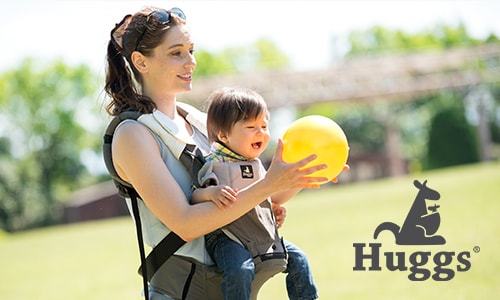IMPORTANT THINGS YOUR CHILD SHOULD LEARN BEFORE KINDERGARTEN
In the fast-paced, competitive world today, where babies are overwhelmed with sensory input from birth, parents are under a lot of pressure to get them into the right learning program. Since child-rearing is not a new phenomenon, every parent has their theory about how things should be. If one school of thought believes that children should not be admitted into a formal learning program until a certain age, another cannot stop raving about the confidence that comes with enrolling into an early learning program. However, before your child can be admitted into kindergarten, there are certain skills that they should be equipped with to function well with the others.
Reading
Developmental psychologists and academics stress now more than ever that it is never too early to start reading to your children. As early as six months old or earlier, books maybe chew toys to babies, but their growing brains are taking up everything like a sponge. A major study by researchers Betty Hart and Todd Risley reported that ‘in the first three years of life, some children heard 30 million more words than others, an advantage that translated by third grade into larger vocabularies, better reading skills, and higher test scores.’ Those are substantial results. Now a preschool child is not expected to read, but they should be familiar with holding a book the right way up, make a note of the pictures and recognize characters from oft-told stories, enjoy listening to stories, and identify the sound of their initials. Singing songs or rhymes with your children also develops essential reading skills for they will read and speak the right way if they listen well. Prop a book open in front of them and place your finger beneath words as you go, for them to get familiar with words and sounds.
Writing
A child hoping to be admitted into kindergarten is not expected to have sharp writing skills. The teachers are hoping for them to be able to hold their pencil correctly and be able to print their name. You can incorporate playing with the alphabet and numbers into their routine so that the children identify the letters by sound and be able to print them. Habits once made are very hard to shake. So particular attention must be paid to the formation of letters and numbers at this point. There are many tutorials available online for inventive alphabet play games for children, the simplest of which can be getting little ones to print letters in the sand or flour.
Counting
It is one of the first things that a preschooler learns. There are many counting games that children benefit from, but there is nothing like real-life schooling. Get them counting in their food (like peas), items of clothing, pairs of shoes, etc. Once a flow has been established, and they are fluent in the basics, you can start skipping one to learn multiples of two. Of course, children are not to understand about concepts and what is meant by multiples, but merely being able to count that way is a bonus. It will ease them into schooling so they can work over learning complex things and making friends. Preschoolers may also be introduced to shapes. Once they recognize that there are shapes, you can try to identify solid shapes with them. It is good to introduce these themes to your little ones.
Social Skills
A most important skill of any is the child’s ability to interact with their peers. They ought to be able to communicate with others and relax in their presence. Can they spend a night at a relative? Can they be left alone for a few hours in adult supervision? Are they capable of independent play? Most importantly, is your child potty trained? It is widely believed that you can go slow with their potty training by looking to see when they are ready, but a pre-kindergartener must be potty trained.
They must also be able to interact with adults, for they will meet familiar teachers but pass new ones too. There will be new children every day, and the child should find themselves capable of play with them. Learning about new professions is wonderful, for it helps children start to think about what they want to do in life. The earlier a child becomes inquisitive about the various occupations, the better it is for their future. Toys fashioned after professionals are helpful too in this regard, at this young age.
Arts
The best playtime for beginners to develop creative abilities in a child is to get them hooked to coloring. A preschooler should have fun coloring with crayons and paper. Teachers are happy when their kindergarten students know how to use paper scissors. Get them familiar with color names and identifying the color of the objects around them. Your child should be able to relate everyday objects to those in the drawing. Ask yourself if they engage in role-play games like a house, and the like. Curiosity is a beautiful quality in anyone, and it is at its most intense during childhood, for the embarrassment of asking questions has not yet set in. Encourage this quality in your child by letting them discover new things under your supervision. How do things work, be it nature in action, or human-made objects?
Motor Skills
These would include your child’s ability to throw a ball, try to catch, jumping, running, and modest pencil skills, among others. Small children are usually in constant motion, playing around, running and jumping. Observe if your child’s movements are coordinated, and they can do it independently, without hurting themselves. We do not have to restrict our children from looking around and exploring their surroundings, but they should also vary of venturing out into the unknown for their safety. Motor skills will also help the child to interact with different people as well as to perform better. Also, with these skills, children could coordinate with other children.
Conclusion
It is not possible to compile a comprehensive list of skills that a child should possess before kindergarten. But the list above is a solid start, for teachers know that children come to them in kindergarten with a varying set of skills. You mustn’t burden your child with learning. If there is just one thing that you can do for them, read. Read as much and as often as you can to your child. Read a variety of books to them, be they poems, stories or non-fiction. It opens gates of learning and creative skills that cannot be found any other way. Read and then watch the magic unfold.





Preschool is the best place to start with these important skills. But they also need to be nurtured in the home.
I am a solid believer in preschool programs, as they help children with so many things, from academics to social skills. These are all very important.
I agree that all are great to work on! We worked on all of these with both of my children and it was a huge help.
These are all incredibly important things to teach your little one! It also really helps them acclimatize and excel in kindergarten, once they start.
thanks for walking over subject by subject it was a lot of help. I believe that our granddaughter is ready to go but it never hurts to practice a bit more. Now we know more what to look for as well.
This is a great read. My son is starting kindergarten next school year and this blog post has been very insightful. Thanks for sharing.
These are great tips. I think so many of us parents forget that our kids need a little prep before sending them off to school for the first time.
Yep, these are all things that kids should know from an early age. Thanks for the great tips. I am sure they will be helpful for many parents.
These are all so important to have in place before a child starts kindergarten, but I think social skills might be the most important. It’s the first time they’ve had to interact with other adults and children they don’t know on such a large scale!